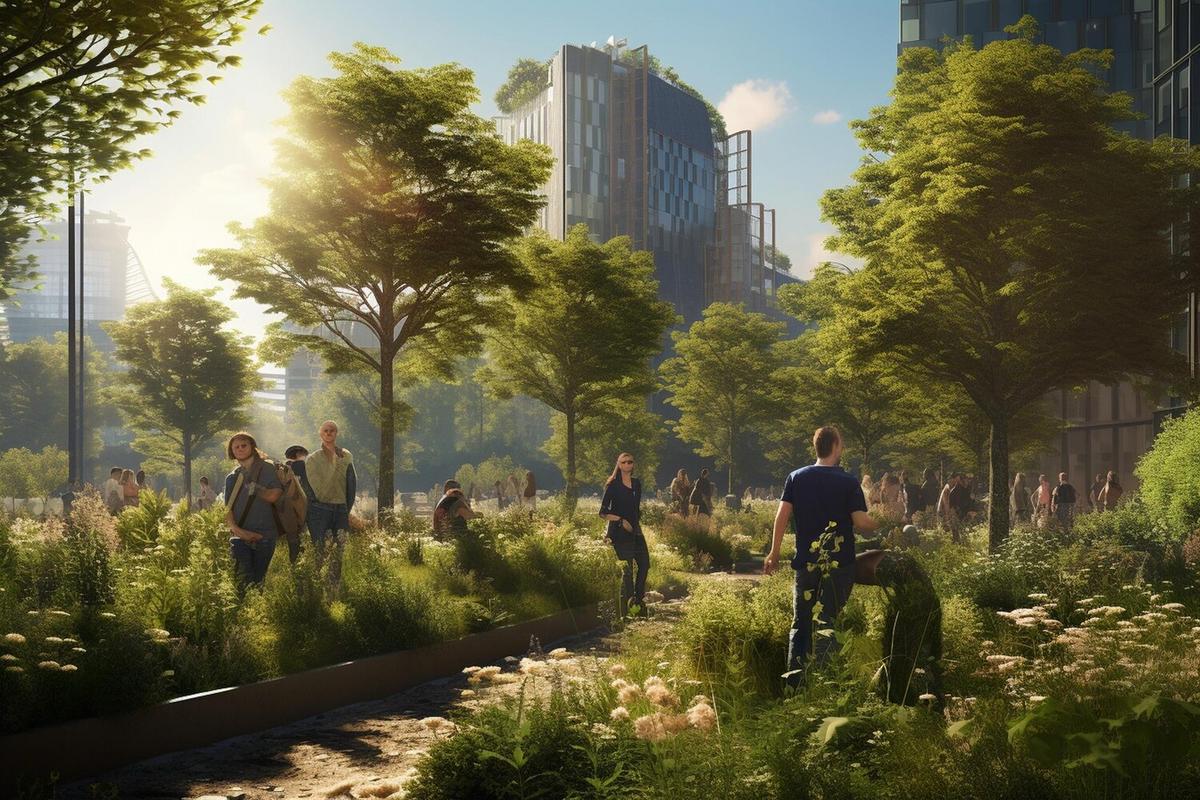
Public Policy and Its Impact on Sustainable Urban Development
Urban areas across the globe are facing unprecedented challenges, and public policy plays a pivotal role in shaping sustainable urban development to address these issues effectively.
As cities grow and evolve, the need for sustainable urban development becomes increasingly vital. Public policy serves as a guiding framework that influences how urban areas adapt to the demands of population growth, environmental changes, and economic pressures. In this article, we’ll explore how public policy impacts sustainable urban development, supported by expert insights, relevant statistics, and actionable advice.
The Role of Public Policy in Urban Development
Public policy sets the stage for sustainable urban development by establishing regulations, incentives, and guidelines that shape city planning and infrastructure. According to Dr. Emily Norton, an urban planning expert, “Effective public policy is crucial for creating urban environments that are livable, equitable, and resilient.” Policies can address a range of issues from housing and transportation to energy efficiency and green spaces.
Statistics on Urban Growth
The World Bank reports that by 2050, nearly 70% of the world’s population will reside in urban areas, highlighting the urgency for sustainable development strategies. This statistic underscores the need for policies that promote efficient use of resources and minimize environmental impact.
Case Study: A Green City Initiative
Take the example of Copenhagen, a city renowned for its commitment to sustainability. Through comprehensive public policies focused on reducing carbon emissions and enhancing public transportation, Copenhagen has set a benchmark for other cities aiming to become more sustainable. These efforts have not only improved the quality of life for its residents but also bolstered the city’s economy by attracting green businesses.
Actionable Tips for Policymakers
- Incorporate community feedback in policy-making to ensure that the needs of all stakeholders are met.
- Invest in infrastructure that supports sustainable transportation options like cycling and public transit.
- Implement policies that encourage energy efficiency in buildings and promote renewable energy sources.
Challenges and Opportunities
While public policy is a powerful tool for fostering sustainable urban development, it is not without its challenges. Financial constraints, political opposition, and bureaucratic hurdles can impede the implementation of effective policies. However, these challenges also present opportunities for innovation and collaboration. By leveraging technology and fostering public-private partnerships, cities can overcome these obstacles and pave the way for more sustainable futures.
| Policy Aspect | Impact on Sustainability |
|---|---|
| Transportation | Reduces emissions and traffic congestion through public transit and bike lanes |
| Housing | Promotes affordable and energy-efficient living spaces |
| Energy | Encourages the use of renewable energy sources |
| Waste Management | Reduces landfill waste through recycling and composting initiatives |
| Green Spaces | Improves air quality and provides recreational areas for residents |
| Water Management | Ensures efficient use and conservation of water resources |
| Economic Policies | Supports green businesses and sustainable economic growth |
| Community Engagement | Fosters inclusive decision-making processes |
Frequently Asked Questions
How can public policy promote sustainable urban development?
Public policy can promote sustainable urban development by setting regulations that encourage resource efficiency, environmental protection, and equitable growth. This includes policies on transportation, energy, housing, and waste management.
What are some examples of successful sustainable urban policies?
Examples include Copenhagen’s carbon reduction strategies, Singapore’s water management policies, and San Francisco’s waste reduction initiatives.
Conclusion
Public policy is a cornerstone of sustainable urban development, providing the structure and support necessary for cities to thrive in a sustainable manner. By understanding the impact of these policies and actively engaging in the policy-making process, citizens and policymakers alike can contribute to building urban environments that are not only sustainable but also equitable and resilient. Let’s seize the opportunity to shape the future of our cities for generations to come.


